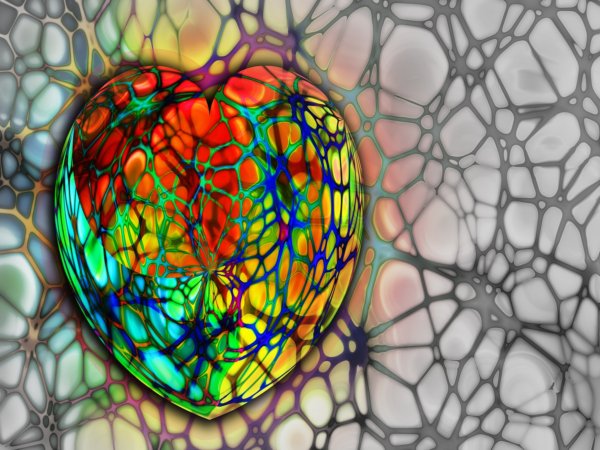 The new research found that chemicals known as cytokines, which are secreted by various cells of the immune system, are considered to be the root cause of this inflammation. The problem is that previous methods for decreasing cytokine production have prevented the necessary inflammatory reactions your body needs to repair damaged tissue and fight infections. According to one of the lead researchers, Dr. K. Moore, if you limit inflammation, you will see a reduction in plaque formation. The results of their experimental work are leading to drug therapies which target the production of these cytokines before they become a problem.
The new research found that chemicals known as cytokines, which are secreted by various cells of the immune system, are considered to be the root cause of this inflammation. The problem is that previous methods for decreasing cytokine production have prevented the necessary inflammatory reactions your body needs to repair damaged tissue and fight infections. According to one of the lead researchers, Dr. K. Moore, if you limit inflammation, you will see a reduction in plaque formation. The results of their experimental work are leading to drug therapies which target the production of these cytokines before they become a problem.
In my opinion, chronic inflammation causes damage to the inner arteries of the neck, heart, brain, and pelvis. This damage can result in increased blood pressure, increased plaque formation, low-density lipoprotein (LDL) cholesterol oxidation, free radical production, and blood clot formation. The inflammatory process is an extremely complicated one involving many different types of cells, enzymic pathways and it is also perpetuated by many different circumstances.
Previous treatments using various anti-inflammatory drugs like “Aspirin” and Cox-2 inhibitors have had mixed results in reducing the inflammatory response across the board, in a manner which prevents heart attack, stroke, and degenerative brain disease. There have also been instances of adverse effects being attributed to these classes of drugs.
What You Need to Know About This Health News
Although I feel the researchers have it right regarding the impact that inflammation has upon the development of vascular disease, the methodology of decreasing cytokine production may fall a bit short. Cytokines are a large class of chemicals which are produced by many different types of cells under many different types of biological circumstances. This is the reason why previous drug therapies have fallen short in significantly decreasing the death rates from heart attack, Alzheimer’s, and stroke. The other reason why these classes of drugs have previously fallen short is they don’t address the underlying cause of the increased cytokine production.
If you look at the common reason why most people develop atherosclerosis from high levels of inflammation, you can understand my point. The most frequent reason is high levels of insulin secretion propagated by aberrant lifestyle dynamics and the accompanying resultant insulin resistance. In my opinion, it will not be enough just to try and prevent cytokine secretion if the underlying reason for it is not addressed.
For example, when working with patients who have vascular disease, I have taken a multifactorial approach. Of course, my efforts are geared towards the control of inflammation, but I also want to prevent the major symptoms of vascular disease. In addition, I would also want to measure the amounts of the chemical homocysteine in the blood as this is a risk factor for vascular disease of the brain.
This is why I choose to use products like fish oil, garlic, antioxidant-rich food, and green tea to lower high levels of inflammation. You also have to look at body fat reduction, improved nutritional intake, nutritional avoidance, and regular exercise as a manner with which to achieve long term success.
Drug therapies can be an important option but the litmus test is to ask: do they affect complication rates of atherosclerosis perpetrated by inflammation? The jury is still out on this one.
Source(s) for Today’s Article:
Heid, M., “3 Killer Diseases,” One New Weapon, web site, July 15, 2013; http://www.prevention.com/health/diabetes/3-killer-diseases-one-new-weapon, last accessed, July 15, 2013.
Jayasena, T., et al., “The Role of Polyphenols in the Modulation of Sirtuins and other Pathways involved in Alzheimer’s Disease,” Ageing Res Rev. July 4, 2013.
Pocernich, C.B., et al., “Nutritional approaches to modulate oxidative stress in Alzheimer’s disease,” Curr Alzheimer Res. August 2011; 8(5): 452-69.
